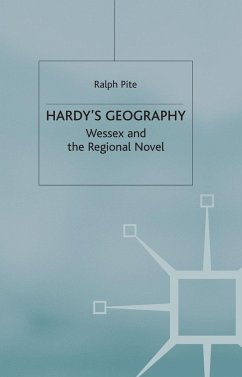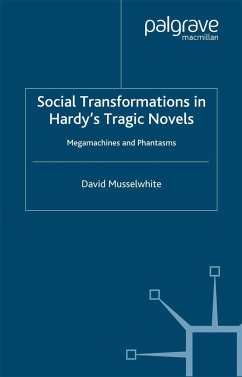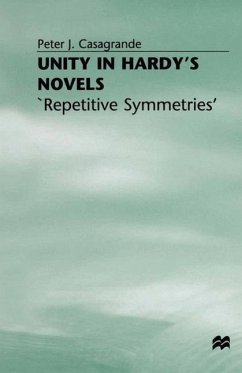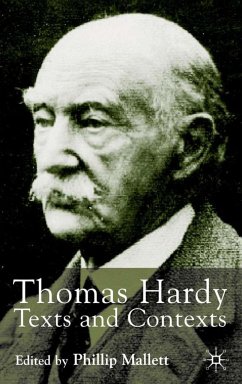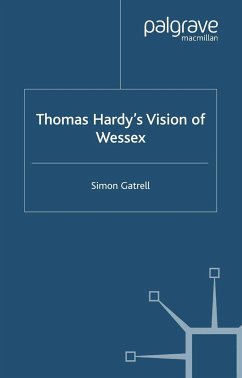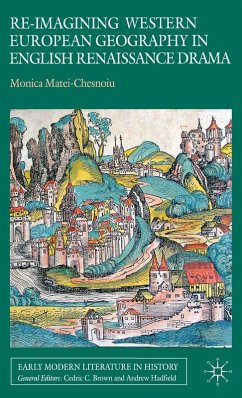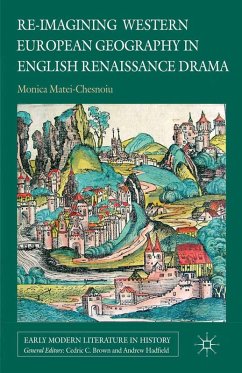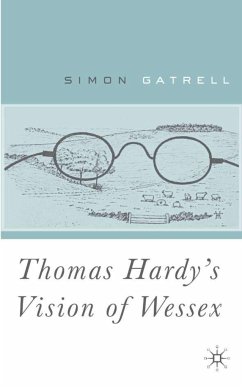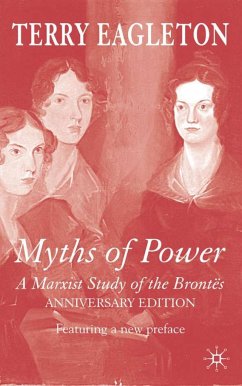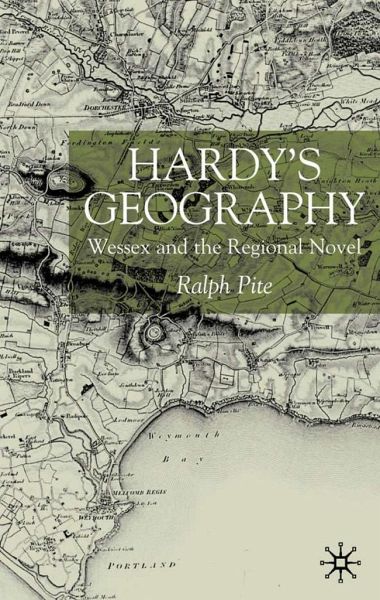
Hardy's Geography
Wessex and the Regional Novel
Versandkostenfrei!
Versandfertig in 6-10 Tagen
38,99 €
inkl. MwSt.
Weitere Ausgaben:

PAYBACK Punkte
19 °P sammeln!
Hardy's Geography reconsiders a familiar element in Hardy's novels: their use of place and, specifically, of Dorset. Hardy said his Wessex was a 'partly real, partly dream-country'. This study examines how reality and dream interact in his work. Should we look for a real place corresponding to Casterbridge? What is the relation between one person's feelings for a place and society's view of it. Pite concludes that Hardy addresses these issues through a distinctive regional awareness.



